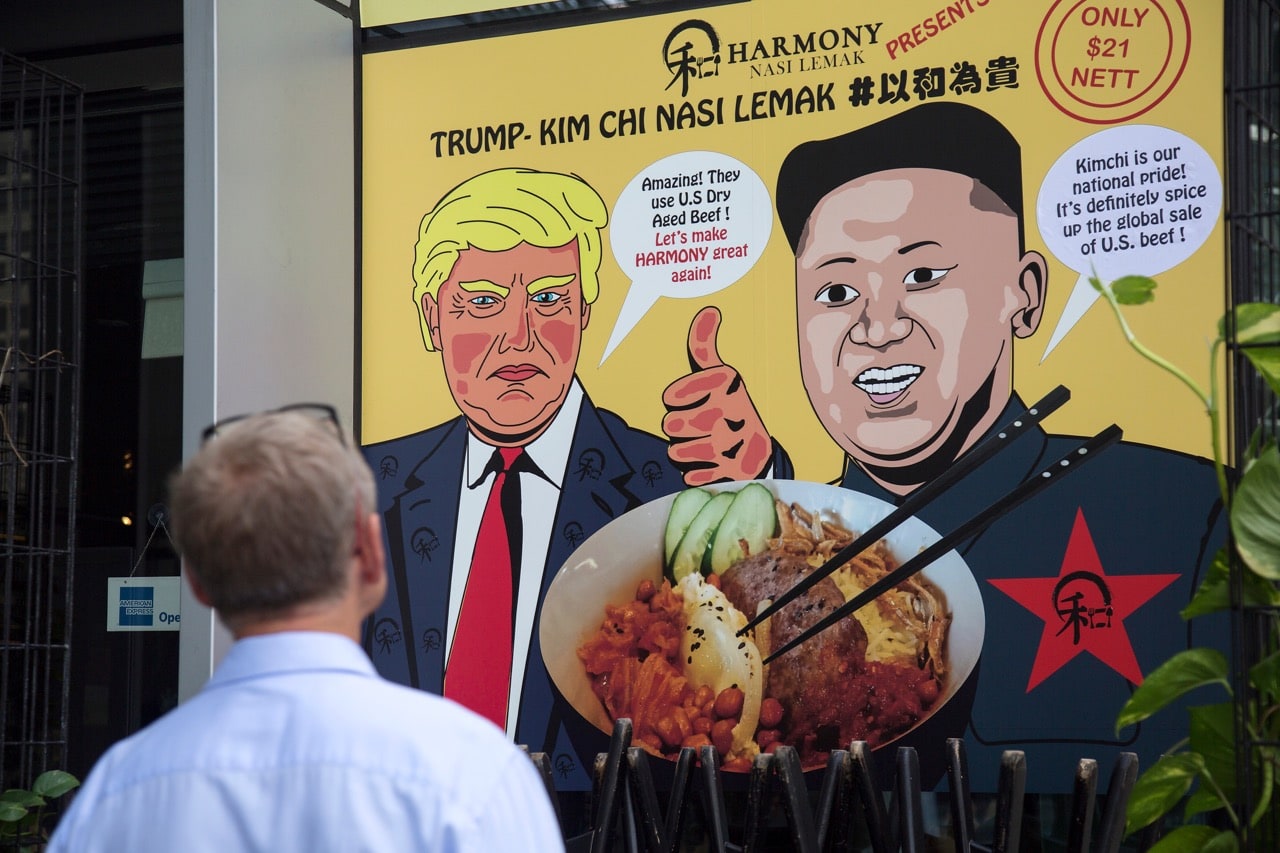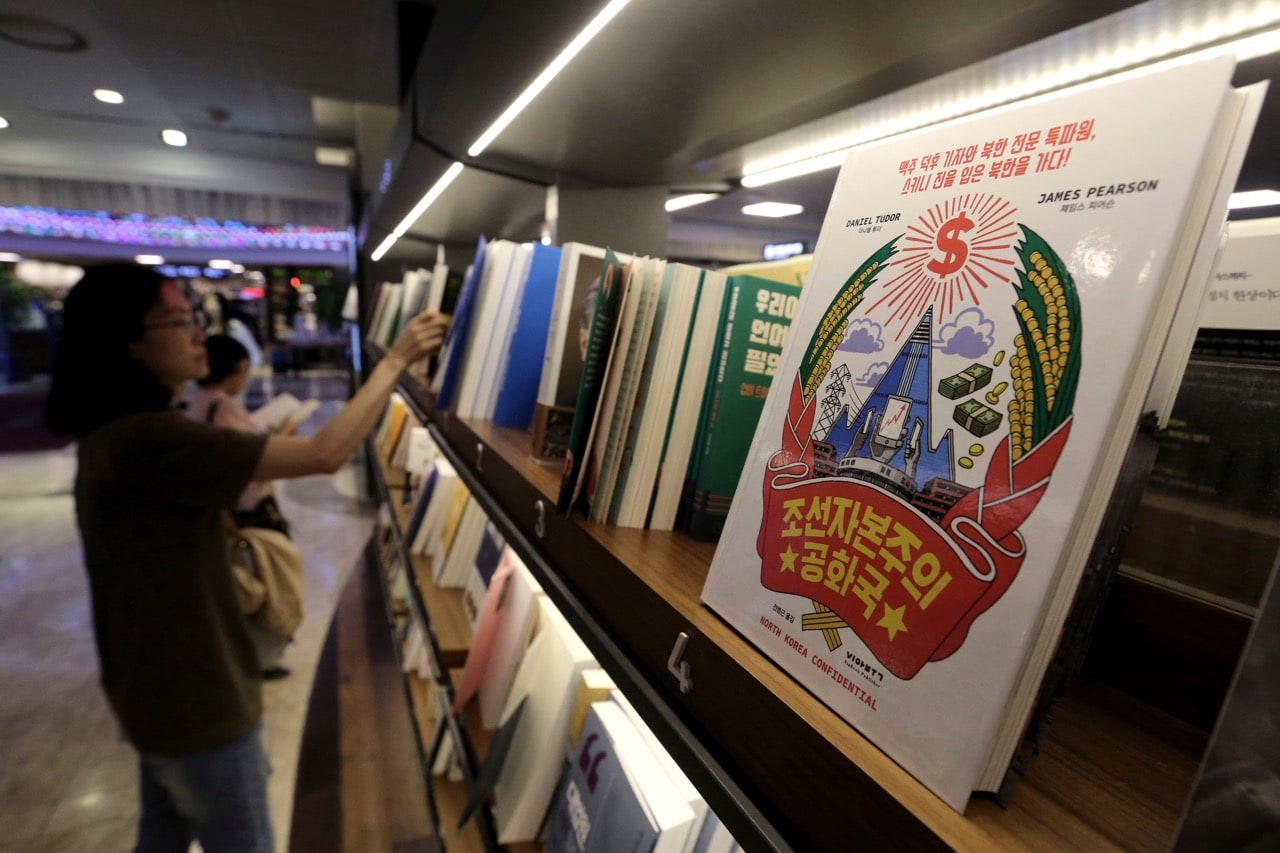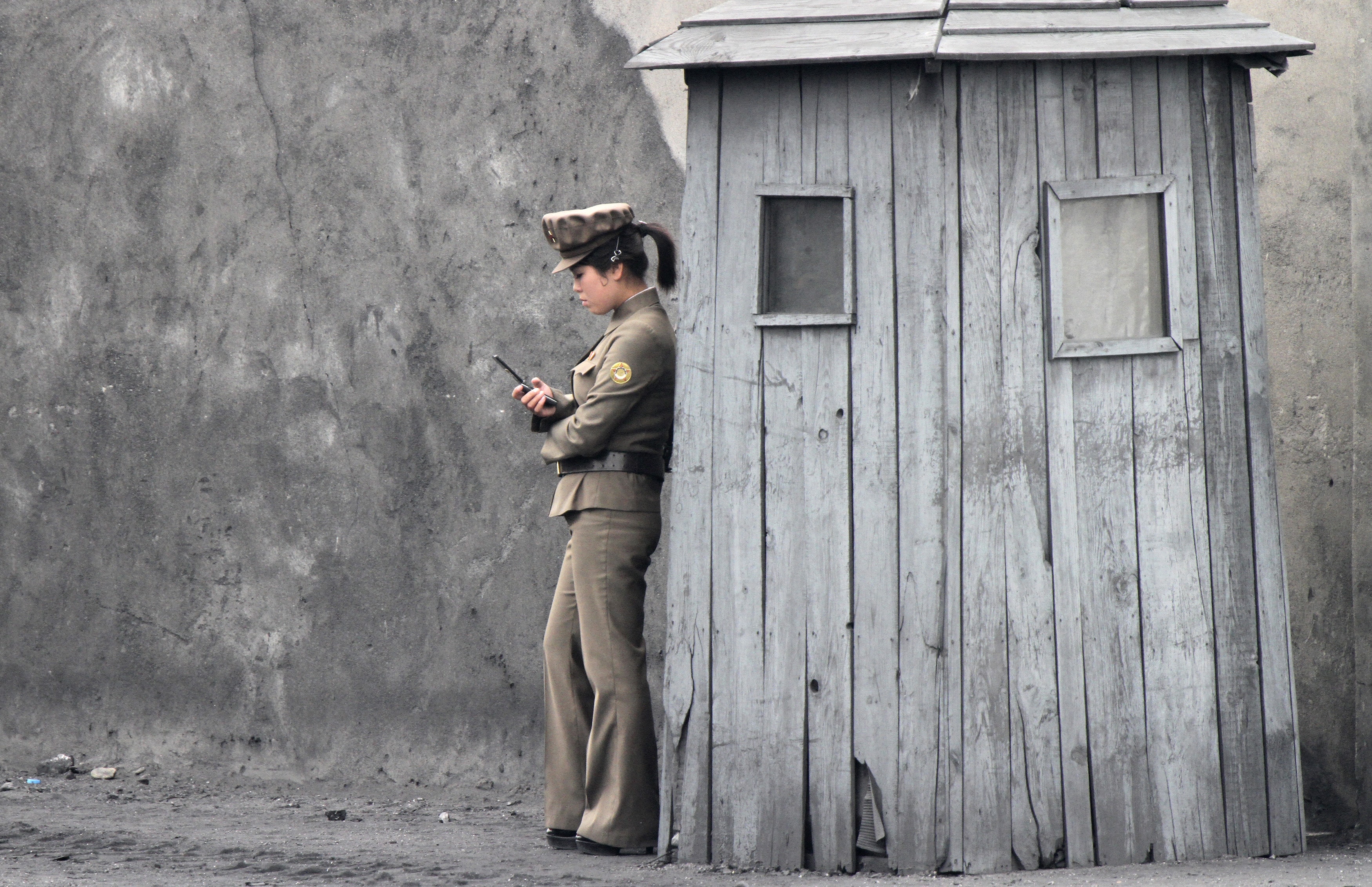(RSF/IFEX) – Reporters Without Borders has condemned threats by North Korea’s officials against the independent radio stations based in South Korea or the United States that broadcast programmes for the North Korean population. “It is unacceptable that a regime that allows no free expression should adopt a threatening tone with media that are trying to […]
(RSF/IFEX) – Reporters Without Borders has condemned threats by North Korea’s officials against the independent radio stations based in South Korea or the United States that broadcast programmes for the North Korean population.
“It is unacceptable that a regime that allows no free expression should adopt a threatening tone with media that are trying to open a breach in the wall of censorship,” the press freedom organisation said. “We offer our full support for the independent radio stations broadcasting to North Korea and we call on the international community, especially the European Union and the United Nations, to support these courageous journalists and activists.”
On 12 October 2006, a presenter on the North Korean TV station JoongAng Bang Song condemned the activities of South Korea-based radio FreeNK, which broadcasts on the Internet and short wave. Run by North Korean refugees, it broadcasts an hour of programmes critical of Kim Jong-il’s regime every day.
The North Korean TV station said FreeNK’s activities constituted a South Korean violation of a declaration signed between the two Koreas on 15 June 2000 that was supposed to put an end to propaganda broadcasts on both sides of the border.
At the same time, North Korea’s official news agency, KCNA, whose website is hosted on a server in Japan, published comments by an unnamed spokesperson for the National Reconciliation Council criticising three independent radio stations staffed by North Koreans, especially those supported by US organisations. The official condemned the “clumsy farce” by the US authorities and called on the South Korean government to put a stop to such radio broadcasting from its territory.
Based in South Korea or the United States, radio stations such as FreeNK, Radio Free Chosun and Open Radio for North Korea try to inform their fellow countrymen despite airwave jamming and the limited level of Internet development in North Korea.
In a report entitled “Journalism in the service of a totalitarian dictatorship,” RSF has described the lengths to which the North Korean political police go to ensure that radio sets (which are pre-tuned to government stations and sealed before being sold) have not been tampered with. Nonetheless, the growing number of sets getting in from China allows some North Koreans to listen to South Korea-based stations or Radio Free Asia.


